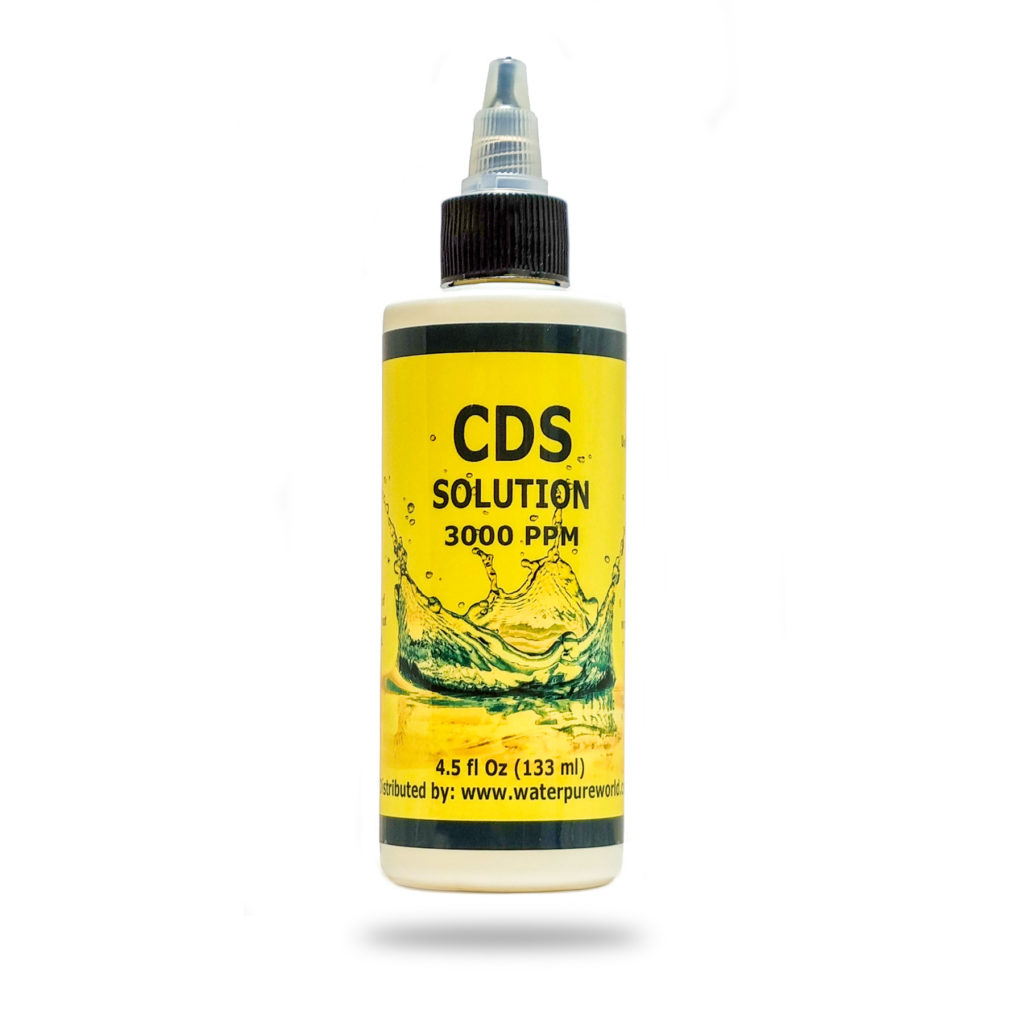Chlorine Dioxide Solutions (CDS) are a revolutionary development in the field of disinfection and sterilization.
They have a wide range of applications, from water treatment to medical sterilization. This article delves into the world of CDS, exploring its properties, applications, and impact.

Chemical Properties of CDS
CDS (Chlorine Dioxide Solution) is a gas that dissolves in water to form a stable solution. Its unique chemical structure makes it a potent oxidizer and disinfectant, differentiating it from conventional chlorine treatments..
CDS – Solution: Water Treatment
In water treatment, CDS Solution is known for its effectiveness in purifying water without leaving harmful residues.
Its advantages over traditional methods are numerous, including its ability to eliminate a wider range of pathogens.
CDS Solution in Food Processing
CDS plays a crucial role in food preservation, extending shelf life while maintaining safety standards.
Its use in food processing underscores its importance in maintaining public health.
Environmental Impact
Environmentally, CDS Solution is considered more eco-friendly than many traditional disinfectants.
Proper handling and disposal are crucial to minimize its environmental footprint
Safety and Handling Guidelines: Safety is paramount when dealing with CDS. This section provides guidelines on safe handling and measures to take in case of accidental exposure.
Regulatory Standards: Globally, the use of CDS is regulated to ensure safety and efficacy. This part of the article covers the regulations and standards governing its use.
Comparative Analysis with Other Disinfectants: Comparing CDS with other disinfectants highlights its strengths and weaknesses, offering insights into its efficacy and cost-effectiveness.
Is Chlorine Dioxide Solution Safe for Use in Drinking Water?
Yes, Chlorine Dioxide Solution (CDS) is safe for use in purifying drinking water when used in the correct concentrations. It is highly effective in killing bacteria, viruses, and other pathogens without forming harmful by-products like traditional chlorine can. The World Health Organization (WHO) and various regulatory agencies have guidelines on the safe levels of CDS in drinking water to ensure public health safety.
How Does CDS Compare to Bleach in Terms of Disinfection Efficacy?
CDS is often considered more effective than bleach (sodium hypochlorite) for disinfection purposes. While both are potent disinfectants, CDS has a broader spectrum of antimicrobial activity and is more effective in lower concentrations. It is also less corrosive than bleach and does not produce harmful chlorinated by-products, which makes it a preferred choice in many applications, including medical and food industries.
Can Chlorine Dioxide Be Used for Personal Hygiene Products, Like Mouthwash or Toothpaste?
Chlorine Dioxide is used in certain personal hygiene products, including mouthwashes and toothpaste, due to its ability to kill bacteria and neutralize bad odors. These products are formulated to contain safe levels of CDS, ensuring they are effective without causing harm. However, it’s important to use these products as directed and ensure they have been approved by relevant health and safety regulatory bodies.
Disclaimer: For the most accurate and up-to-date information, as well as source verification, please consulting scientific literature, guidelines from health organizations like the World Health Organization (WHO), and regulatory bodies responsible for public health and safety standards in your region. These sources are generally reliable for detailed and specific information regarding the use, safety, and efficacy of substances like CDS in various applications.
